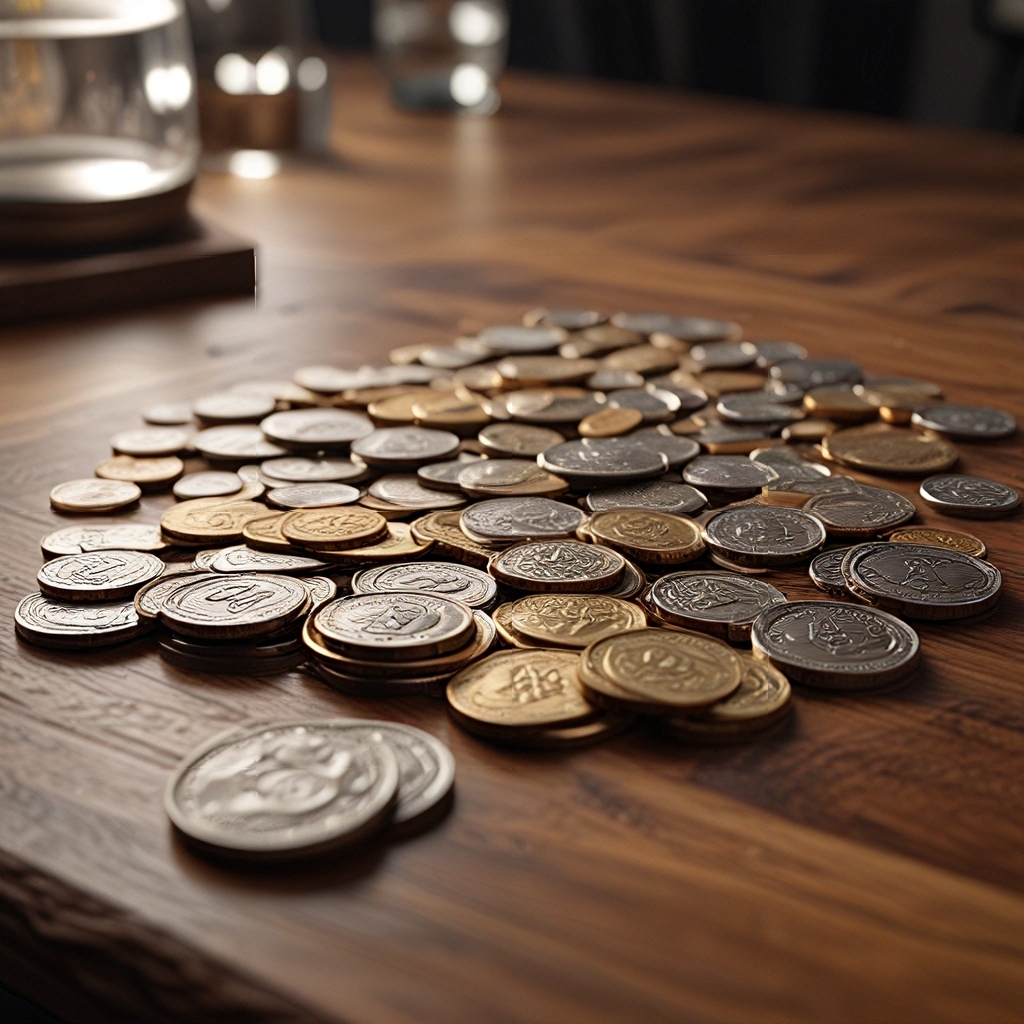How to Invest in Rare Valuable Coins- Tips and Factors to Consider Before Investing
Investing in rare valuable coins, also known as numismatics, can be a fascinating and potentially lucrative endeavor. However, like any investment, it requires careful consideration and due diligence. It’s important to understand key factors before you start investing in rare coins.
Understanding Numismatics
Numismatics is the study or collection of currency, including coins, tokens, paper money, and related objects. Rare coins are coins that are of particular historical significance, have errors, or are minted in limited quantities, making them valuable to collectors.

Tips for Investing in Rare Coins
1. Educate Yourself
Before investing, it’s crucial to educate yourself about numismatics. Read books, attend coin shows, join numismatic clubs, and participate in online forums. Knowledge is your best tool in understanding the complexities and nuances of rare coin investing.
2. Start Small
If you are new to coin collecting, start with a modest budget. This helps mitigate risk and allows you to learn without significant financial exposure.
3. Buy From Reputable Sources
Purchase coins from reputable dealers, auction houses, or well-known online marketplaces. Verify the credibility of the seller and ensure they have good reviews from previous buyers.
4. Look for Certified Coins
Ensure the coins are certified by professional grading services. Certification provides an assurance of the coin’s authenticity and grade.
5. Diversify Your Collection
Avoid putting all your investment into one type or category of coins. Diversify your collection across different historical periods, types, and values to spread risk.
6. Know the Market Values
Stay updated on the current market values of the coins you are interested in. Use online resources and platforms like to track coin values.
Factors to Consider Before Investing
1. Historical Significance
The history behind a coin can significantly affect its value. Coins linked to significant historical events or eras often command higher prices.
2. Condition and Grade
The condition of the coin is crucial. Coins are graded on a scale from 1 to 70, with 70 being perfect condition. Higher grade coins are more valuable. Certification from a recognized grading service ensures accurate grading.
3. Rarity
Rarity is a primary driver of a coin’s value. Coins with low mintage numbers or those that have few surviving specimens are typically more valuable.
4. Demand
The demand for certain coins can fluctuate based on trends in the numismatic community. Coins that are in high demand can see significant price increases.
5. Authenticity
Ensure the authenticity of the coins you purchase. Counterfeit coins can be a significant risk in this market. Certified coins from credible sources are less likely to be counterfeit.
6. Market Timing
The value of rare coins can fluctuate with the overall economy. Understanding market cycles and economic indicators can help you decide the best times to buy and sell.
7. Liquidity
Consider how easy it will be to sell the coins. Coins that have a broader appeal and higher demand are generally easier to liquidate.
Common Pitfalls to Avoid
1. Ignoring Due Diligence
Failing to research or verify the authenticity and value of a coin can lead to poor investments. Always conduct thorough due diligence.
2. Overpaying
It’s easy to overpay for coins, especially at auctions. Set a budget and stick to it to avoid overspending.
3. Focusing Solely on Profit
While profit is important, focusing solely on financial gain can detract from the enjoyment and educational aspects of coin collecting.
4. Neglecting Storage and Insurance
Proper storage and insurance are vital to protecting your investment. Coins should be stored in a climate-controlled environment to prevent damage, and valuable collections should be insured.
Investing in rare valuable coins can be a rewarding and profitable endeavor if approached with the right knowledge and strategy. By educating yourself, starting small, buying from reputable sources, and considering critical factors such as historical significance, condition, rarity, demand, authenticity, market timing, and liquidity, you can make informed decisions and potentially build a valuable collection.
Remember, while numismatics can be a lucrative investment, it also offers the joy of owning fascinating pieces of history. Enjoy the journey of learning and collecting, and approach each investment with a mix of passion and prudence.